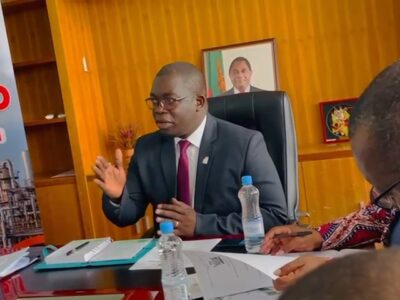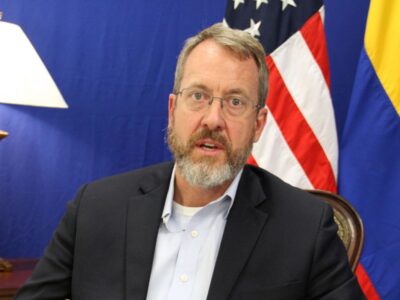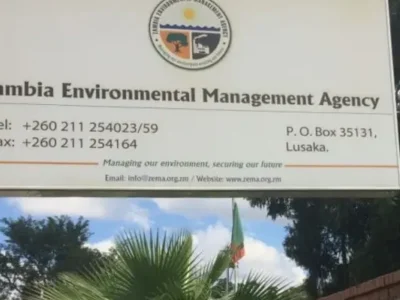A partnership aimed at addressing global food security crisis has been signed between the USAID, Prosper Africa and Bechtel Zambia.
The partnership, announced at the U.S. Africa Leadership Summit on Friday would promote shared prosperity by increasing the supply and quality of maize on the African continent.
This, partnership, USAID announced through the Prosper Africa Initiative that will partner with agribusiness/energy firm Africa Global Schaffer, infrastructure firm Bechtel’s social import company and South Africa-based firm Export Trading Group and its social impact arm, Empowering Farmers Foundation.
According to a statement issued in Zambia’s capital Lusaka on Friday, the Russia-Ukraine war had exacerbated global food, fuel and fertilizer shortages.
The impacts of the war are particularly severe on the continent of Africa, where decreasing access to key food and commodity imports are a result of the conflict coupled with long-term impacts of the COVID-19 pandemic and climate-related shocks– leading to food insecurity, hunger, malnutrition, economic hardship, and worsened gender and other social inequalities.
It indicated that the partnership between Africa Global Schaffer, Bechtel, and Export Trading Group would initially work in Zambia.
“While 80 percent of smallholder farmers in Zambia produce maize, maize contributes up to 30 percent of the country’s post-harvest losses. When surplus maize is wasted and damaged maize is sold for less than its value, market dynamics, stability, and job growth are all impacted,” it stated.
This partnership would help to solve these challenges by building green, Smart Integrated District Aggregation Centers in areas where improving production would have huge impacts.
“The centers would connect sellers with buyers at key points along East African trade routes to improve the availability of high-quality maize and other agriculture commodities as well as protect farmer incomes that are suffering from the increase in prices related to agricultural inputs,” it indicated.
They would also provide logistics support and equipment to protect post-harvest crops as well as transaction support to promote volume sales to boost food security.
The first phase of the partnership would prioritise the construction, start-up, and making the seven centers operational in high-production areas in Zambia by the May harvest season.
Then, the programme would scale up to 23 centers to provide approximately 100,000 metric tons of maize and other crops and potentially avoid more than 800 metric tons of carbon – equivalent to around 80,000 gallons of consumed diesel.
Moreover, one-third of the centers would be run by women smallholder farmers.
Eliminating Zambia’s post-harvest maize loss would also provide over 1.5 million people with their necessary calorie requirements, thus significantly reducing hunger and malnutrition.
This partnership exemplifies the United States’ and Zambia’s long-term vision for sustainable agriculture and trade across the entire continent of Africa.
Read more: Zambia Monitor | Latest Zambian News












Comments